
US Secretary of War Pete Hegseth announced that an American submarine has sunk an Iranian warship near Sri Lanka, marking the first time since World War II that an enemy vessel has been destroyed by torpedo.
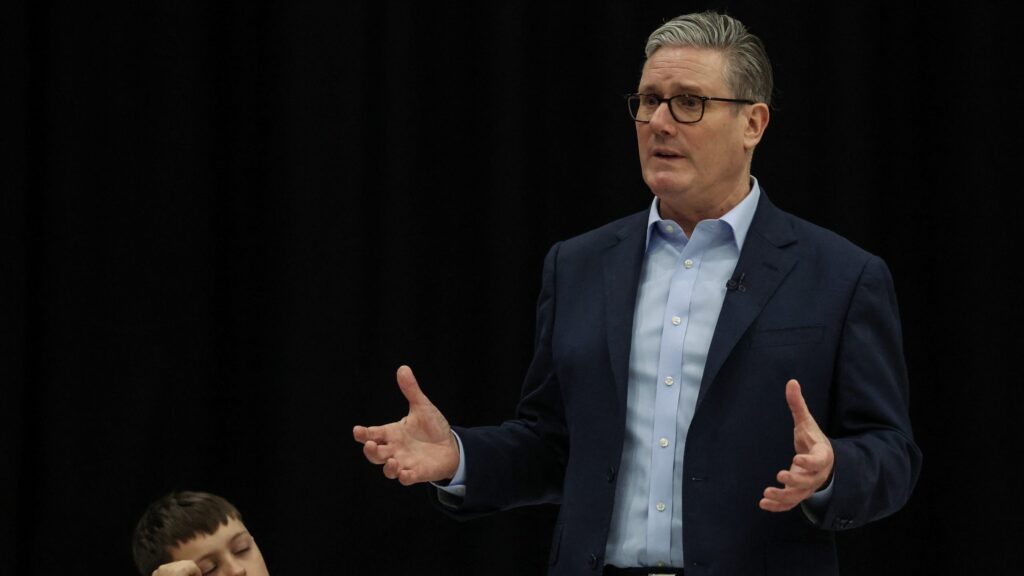
Keir Starmer is facing growing criticism after praising Muslims as ‘the face of modern Britain’ and stressing that the UK was not involved in the US–Israeli strikes on Iran. His remarks at a Ramadan iftar ceremony quickly triggered accusations that the prime minister was ‘bending over’ to court Muslim voters.
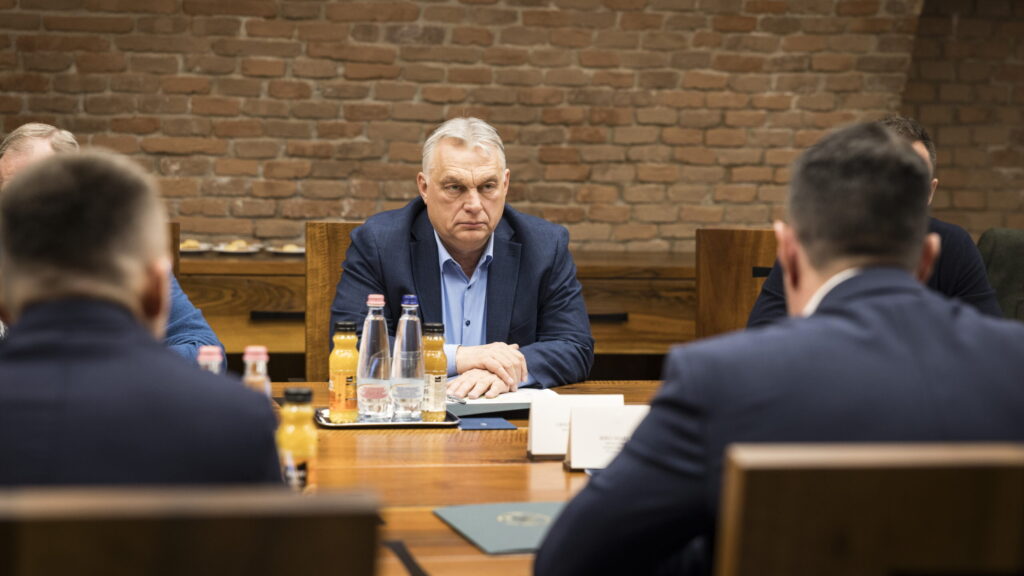
A new poll by US-based McLaughlin & Associates suggests Viktor Orbán’s Fidesz–KDNP alliance would win Hungary’s parliamentary election if it were held this Sunday, contradicting several opposition-leaning surveys and highlighting energy security as a decisive issue in the final weeks of the campaign.
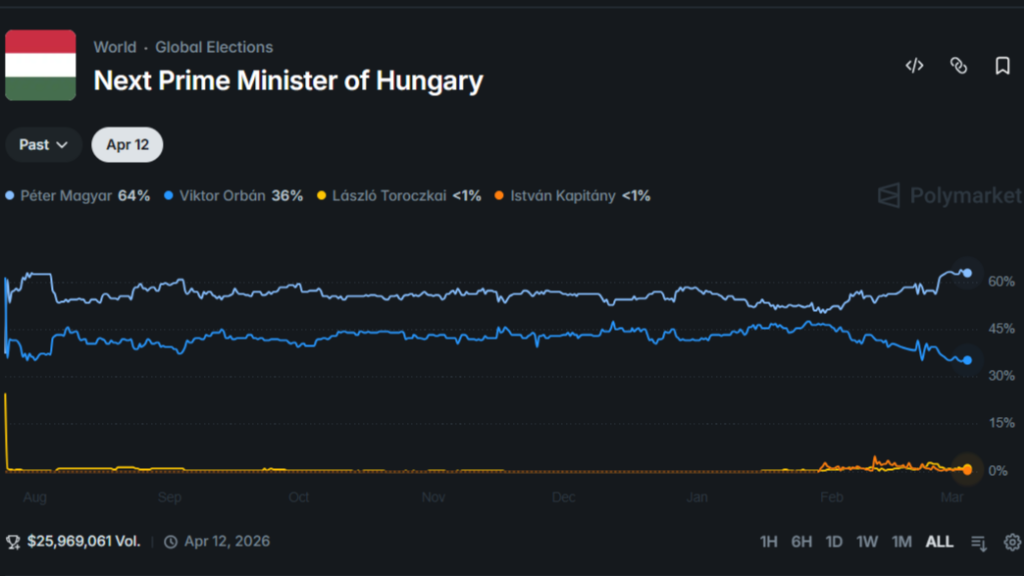
Hungarian opposition supporters have seized on prediction market platform Polymarket as proof that Viktor Orbán is heading for defeat, celebrating Péter Magyar’s lead as a sign of inevitable victory. Yet recent European elections suggest such markets are far from reliable indicators of political outcomes.
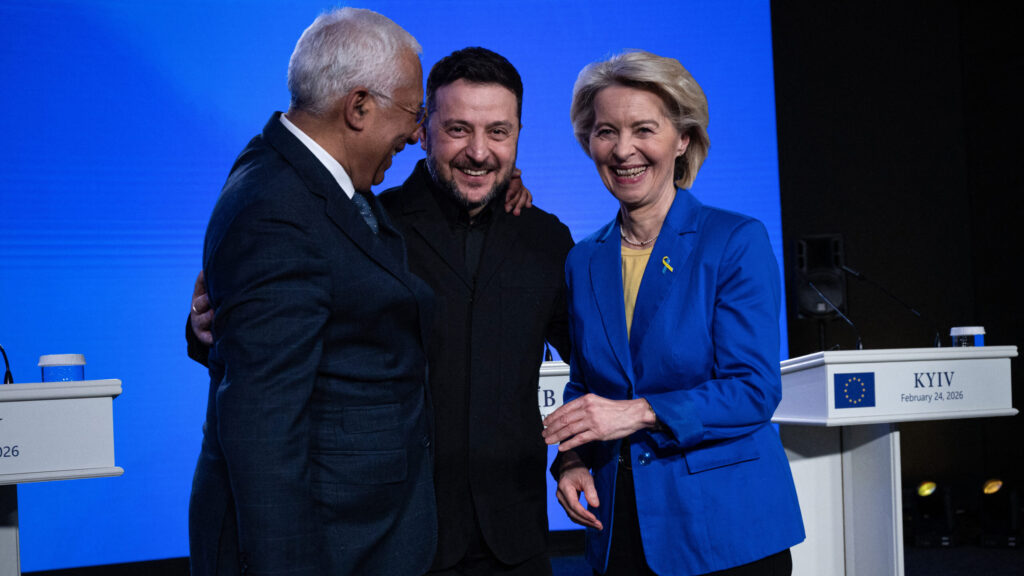
Ukraine reportedly denied EU leaders access to the Druzhba pipeline during their Kyiv visit, according to diplomats cited by the Financial Times, deepening an already fraught dispute over halted oil transit that has become central to Hungary’s election campaign.
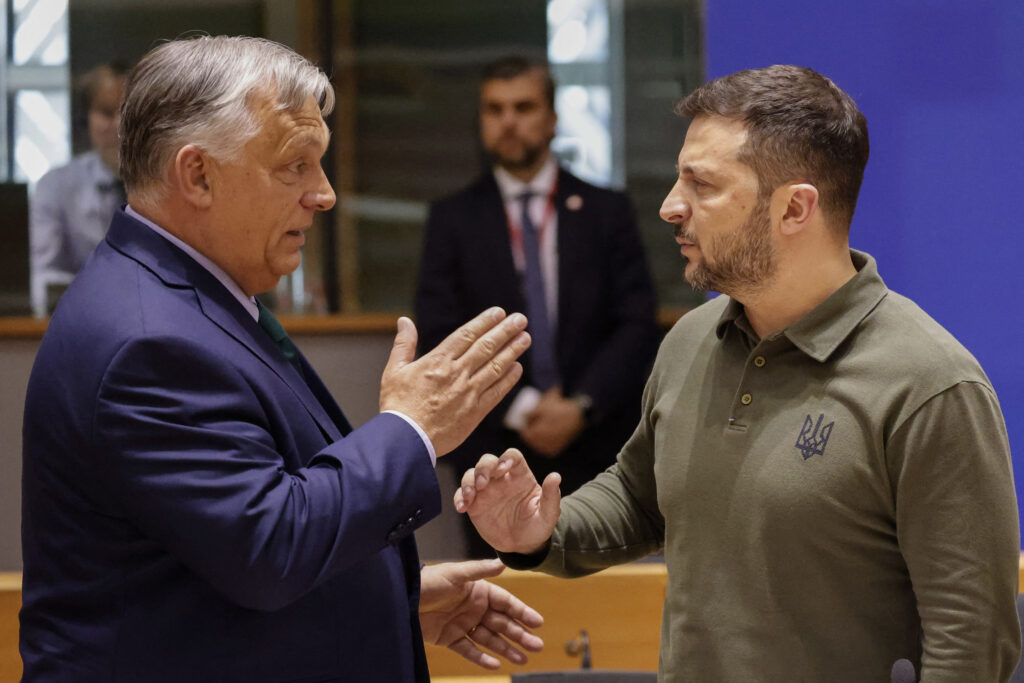
Ukrainian President Volodymyr Zelenskyy has openly weighed in on Hungary’s upcoming parliamentary election, expressing confidence that Viktor Orbán will be defeated and that relations can then be ‘normalized’.
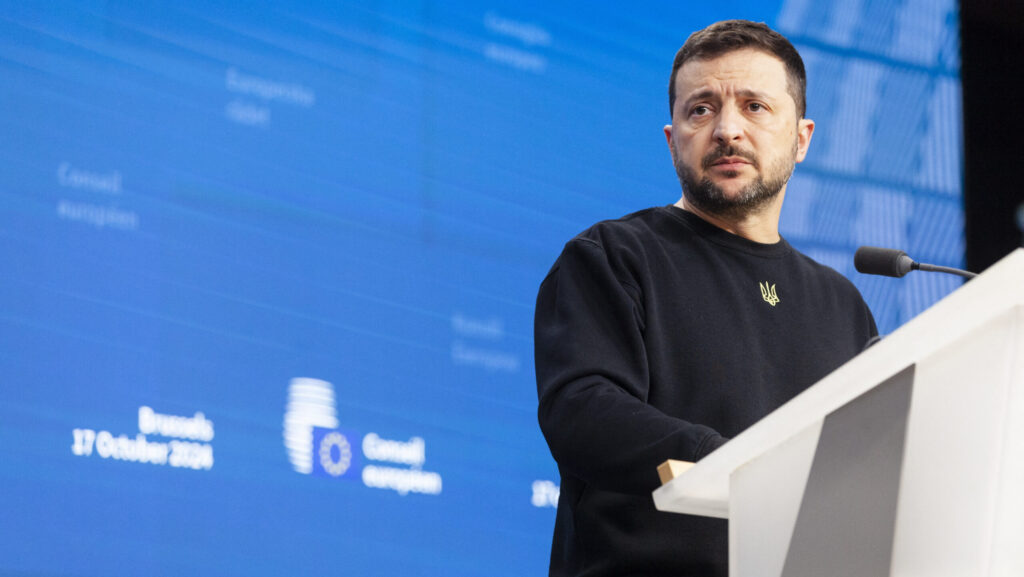
Volodymyr Zelenskyy bluntly claimed that Ukraine has no intention whatsoever of restarting oil transit through the Druzhba pipeline, placing Hungarian and Slovak energy security in serious jeopardy. Viktor Orbán responded by calling on the European Commission to enforce treaty obligations on Kyiv.

According to a recently published HIIA analysis, EU sanctions on Russian energy have already contributed to 5.4 million job losses, with long-term risks exceeding 30 million positions. The report highlights surging energy prices, weakened industrial competitiveness, and mounting economic strain across Europe.

As global energy markets spiral in the wake of the crisis in Iran, Hungary faces a compounded challenge just weeks before its parliamentary election, with Ukraine’s blockade of the Druzhba pipeline threatening supply stability. The timing is politically charged, placing energy security at the centre of the campaign.
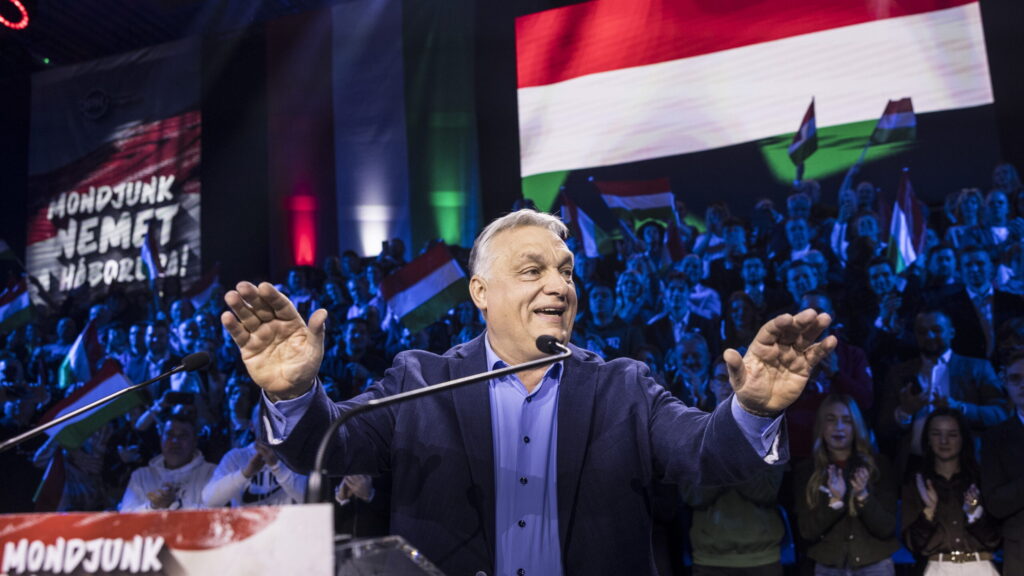
A bizarre opinion piece published by The Telegraph claims that Hungarian Prime Minister Viktor Orbán is preparing for a coup in the event of an electoral defeat, relying on speculative arguments and political assumptions rather than verifiable facts. The article, authored by former opposition MP Zoltán Kész, reflects a broader pattern of narratives seeking to delegitimize Hungary’s democratic process while simultaneously preparing the ground for a possible electoral defeat in April.

Social media platform X recorded its highest-ever usage over the weekend following the US–Israeli strikes on Iran, Elon Musk announced. The surge was driven by a flood of real-time footage and analysis, as the platform once again became a central hub for tracking rapidly unfolding military developments.
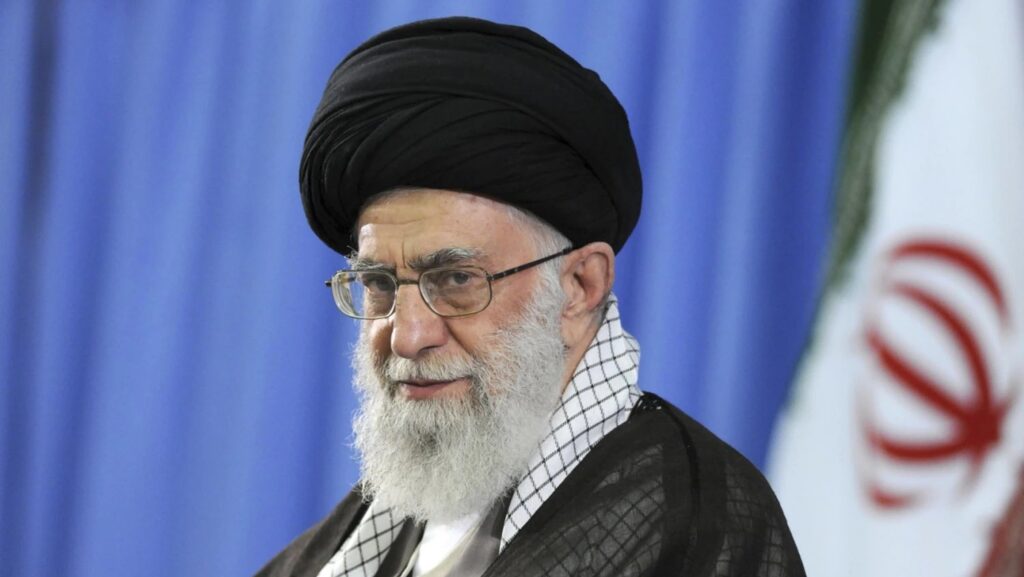
Israel has confirmed that Iran’s Supreme Leader Ali Khamenei was killed in the joint US–Israeli military strikes carried out on 28 February, according to senior officials cited by Reuters. Iran has yet to confirm or deny the claim.

The United States and Israel launched joint strikes on Iran early Saturday following days of military buildup and escalating tensions, marking a major escalation in the Middle East. Explosions were reported across Tehran, as President Donald Trump confirmed the start of ‘major combat operations’ aimed at neutralizing ‘imminent threats’ to the American people.
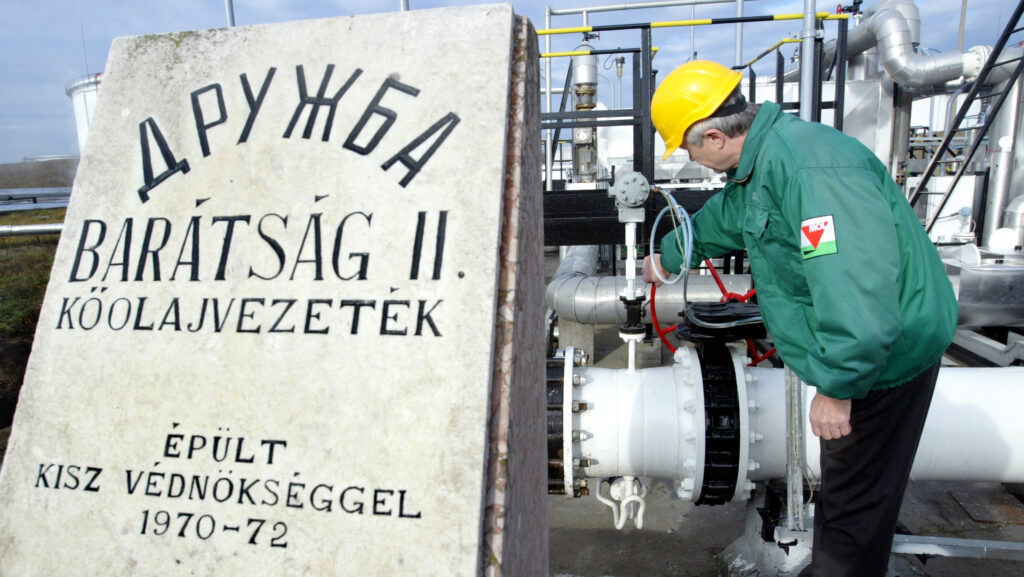
A new Századvég survey indicates that a clear majority of Hungarians oppose both Ukraine’s suspension of oil transit through the Druzhba pipeline and the European Union’s plans to phase out Russian energy. The findings underscore mounting public concern over energy security, rising prices, and foreign interference ahead of the April parliamentary elections.
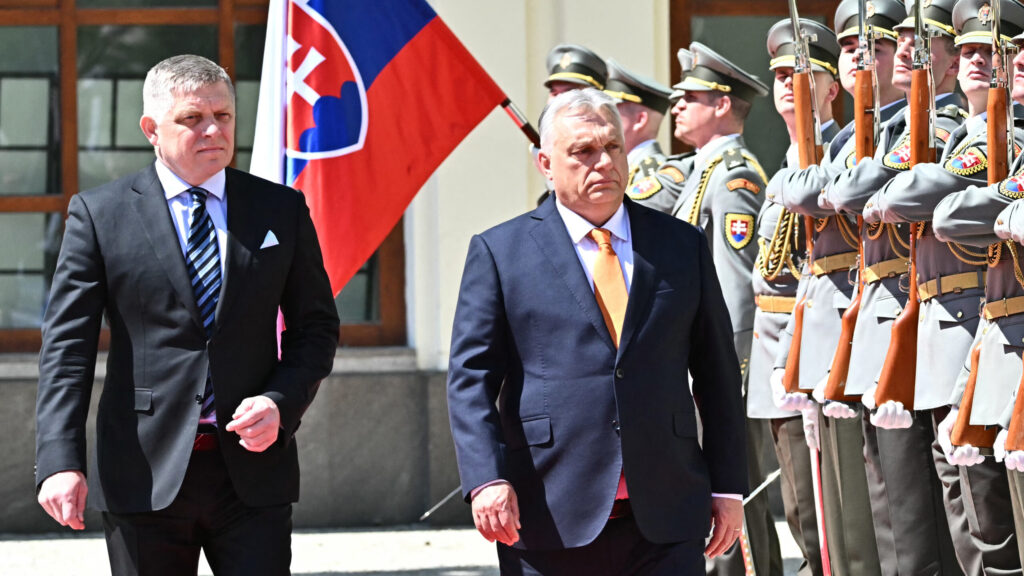
Hungarian Prime Minister Viktor Orbán announced that Hungary and Slovakia will establish a joint investigative committee to examine the halted Druzhba pipeline, urging Ukraine to grant access and restart oil transits immediately.
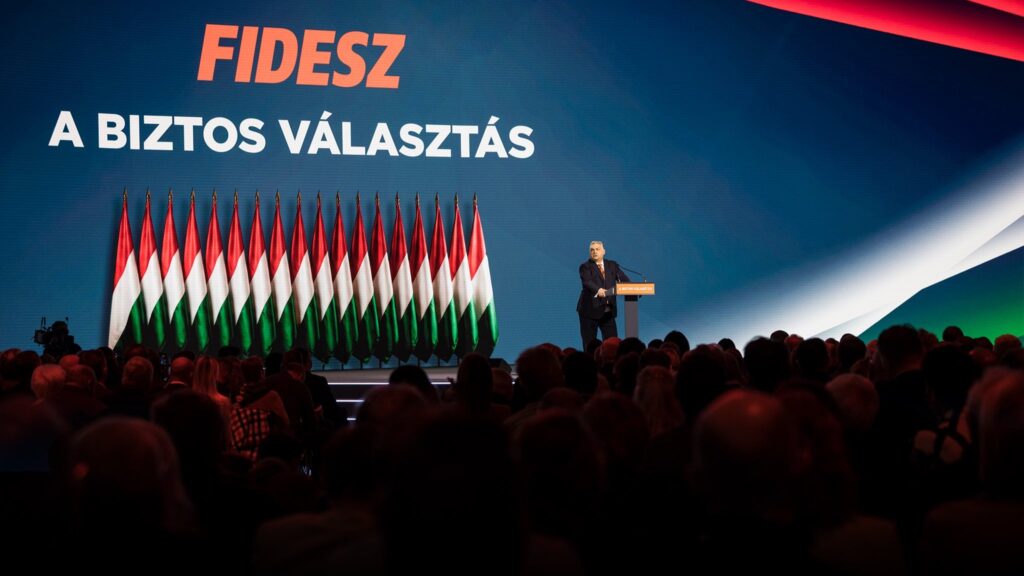
Hungary’s election campaign is entering a decisive phase as fresh polling by Nézőpont Institute gives Fidesz–KDNP a five-point advantage over the opposition Tisza party. With energy security and foreign pressure dominating political discourse, the latest figures point to a closely contested race, with Viktor Orbán still steadily leading.
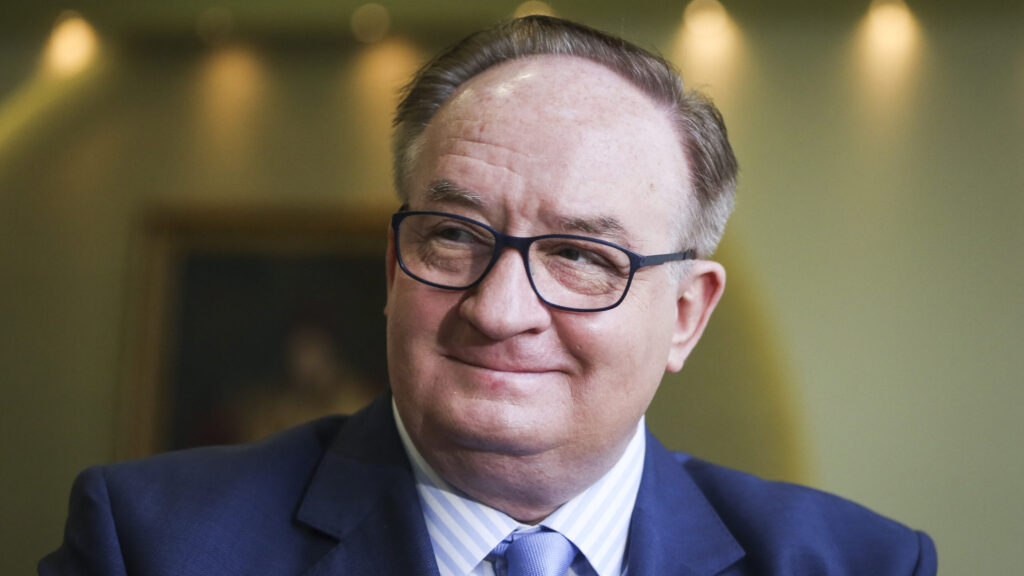
Foreign policy adviser to Polish President Karol Nawrocki has backed Viktor Orbán’s claim that Ukraine deliberately halted oil transit through the Druzhba pipeline to pressure Hungary ahead of its April election. In a radio interview, Jacek Saryusz-Wolski also suggested the disruption could be part of a broader political operation involving Brussels.
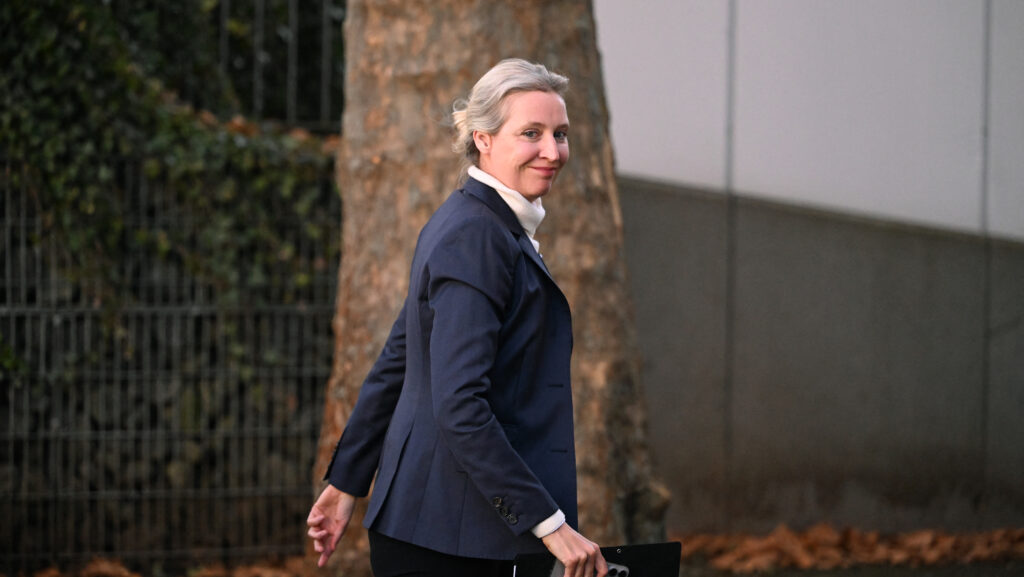
AfD co-chair Alice Weidel has accused the European Union of attempting to influence Hungary’s upcoming election by manipulating polling data and supporting Kyiv in blocking oil transit through Druzhba pipeline. Her remarks come amid controversy over surveys showing an unrealistically large lead for Péter Magyar’s Tisza party.
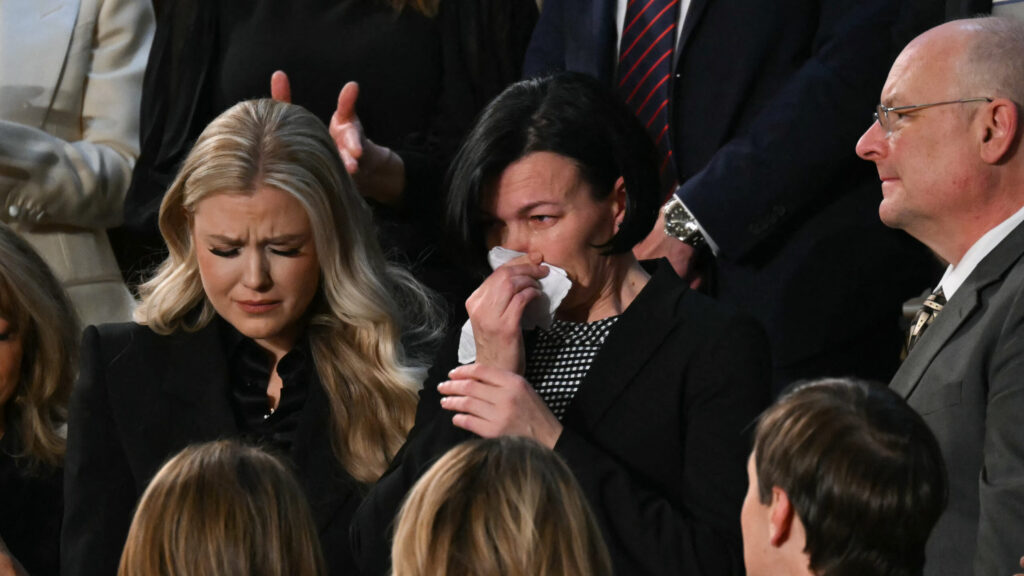
Democrat lawmakers remained seated during a tribute to murdered 23-year-old Ukrainian refugee Iryna Zarutska at President Donald Trump’s State of the Union address, prompting a sharp reaction from the president and outrage on social media.
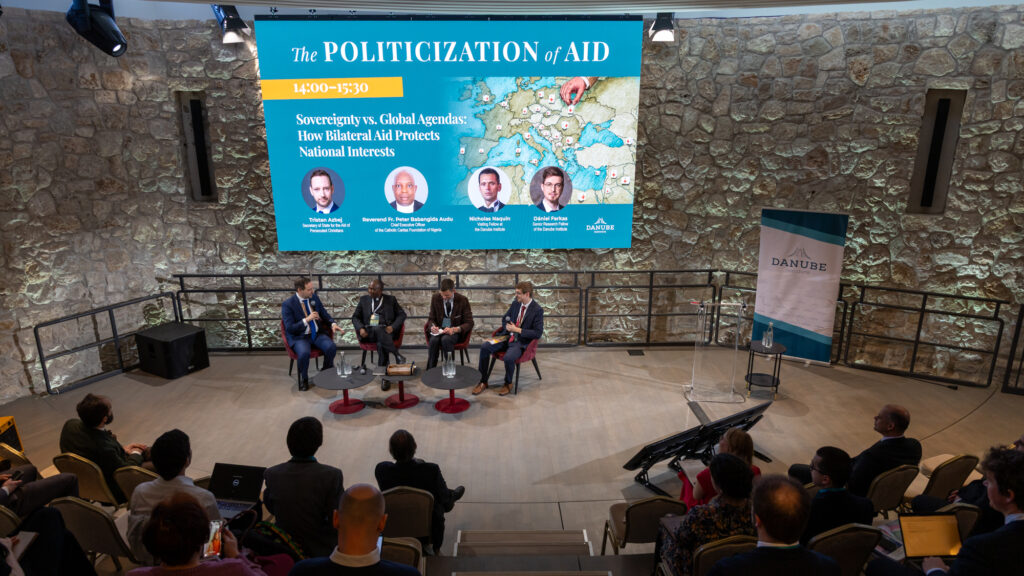
Bilateral aid models took centre stage at the Danube Institute, where experts argued that direct, community-based assistance outperforms multilateral programmes burdened by bureaucracy. Hungary Helps, an aid programme launched by the Hungarian government in 2017, was presented as a sovereign, efficient alternative to global aid structures.
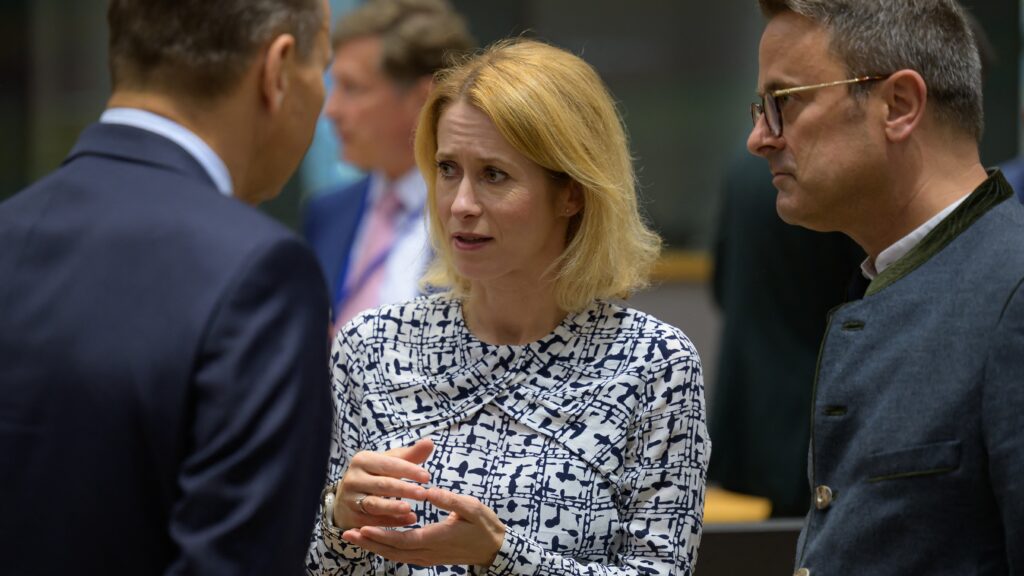
Hungarian Minister for Foreign Affairs and Trade Péter Szijjártó claimed that EU foreign policy chief Kaja Kallas suggested Hungary and Slovakia should send troops to Ukraine, marking what he described as a new level of pressure from Brussels.
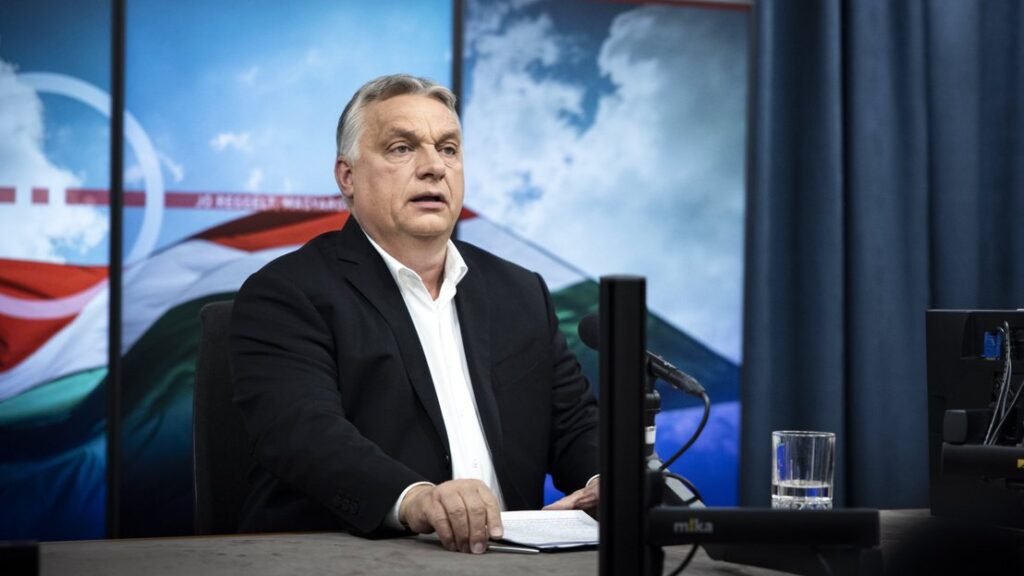
Prime Minister Viktor Orbán has ordered reinforced protection of Hungary’s critical energy infrastructure, citing intelligence reports of possible Ukrainian sabotage. The move comes amid escalating tensions over the Druzhba pipeline and accusations that Kyiv is using energy pressure to interfere in Hungary’s upcoming election.
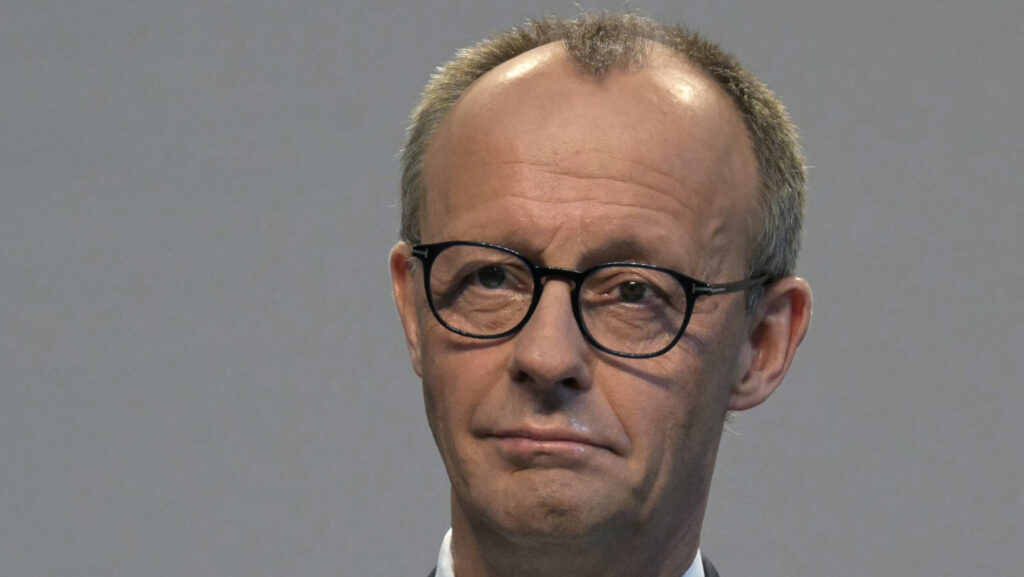
German authorities have launched a criminal investigation against a pensioner in Heilbronn for calling Chancellor Friedrich Merz ‘Pinocchio’ on Facebook, invoking a controversial law on insulting politicians. The case has reignited concerns over free speech in Germany.
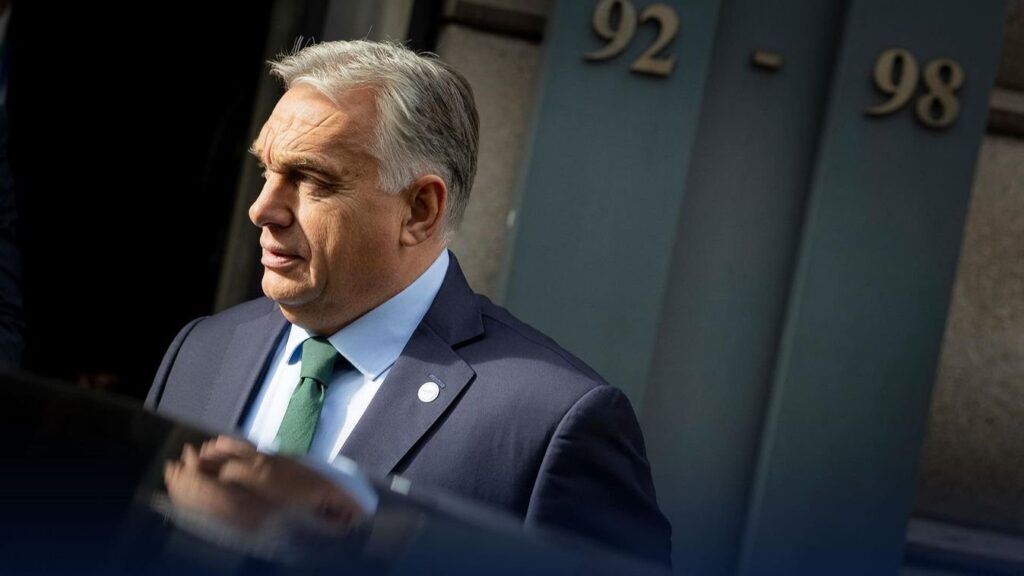
Viktor Orbán pushed back against criticism from António Costa over Hungary’s refusal to back a €90 billion loan to Ukraine, calling the situation ‘absurd’ after Kyiv halted oil transit through Druzhba. Budapest maintains it will not support any Ukraine-related decisions until energy flows are restored.

As the Ukraine war drags into its fifth year, the question is no longer whether negotiations are happening, but whether they can deliver peace. Hungarian Conservative asked four experts to assess the conflict, revealing deep divisions over whether current diplomacy signals progress—or merely manages an entrenched stalemate.
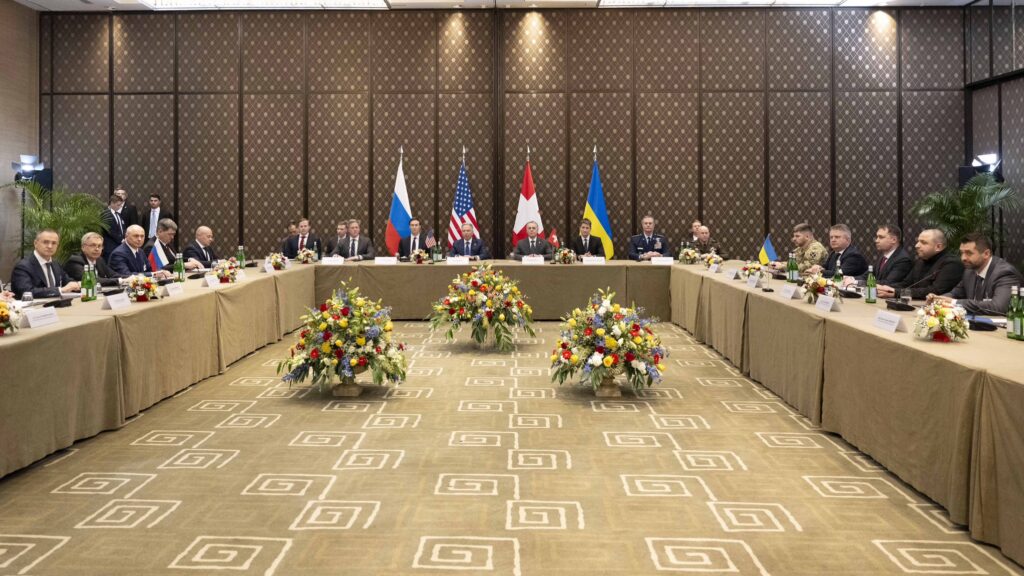
As the war in Ukraine enters its fifth year, one lesson is becoming increasingly clear: diplomacy only works if it is actually pursued. While Europe clings to moral posturing and isolation, Washington has returned to sustained engagement with both sides—slowly narrowing positions and proving that persistent negotiation, not silence, creates the conditions for peace.
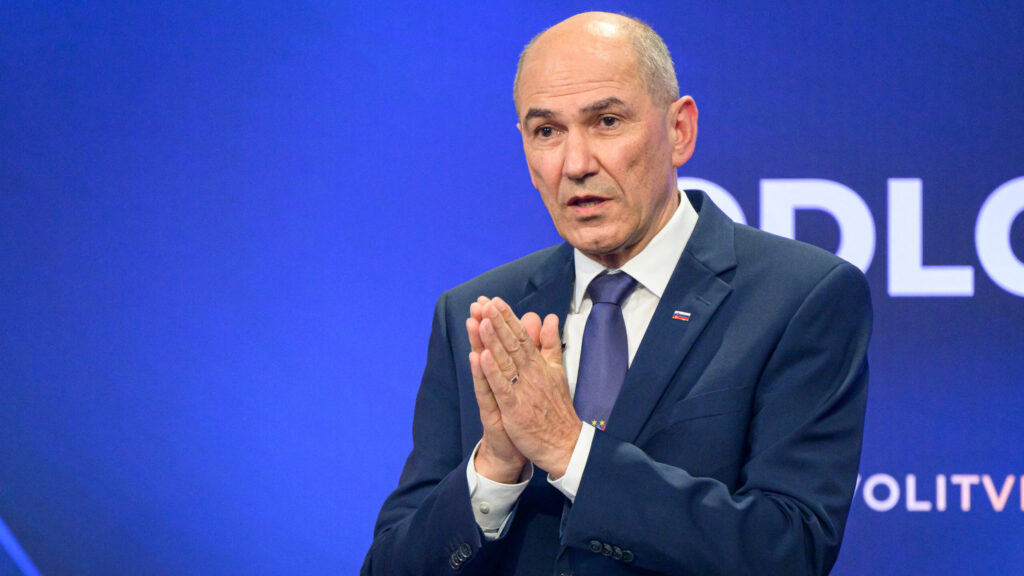
Janez Janša announced plans to pursue a constitutional overhaul if his Slovenian Democratic Party wins the upcoming election, stressing the need for a two-thirds majority. Polls suggest SDS leads the race with 20–28 per cent support, giving momentum to his bid despite fragmented opposition parties.
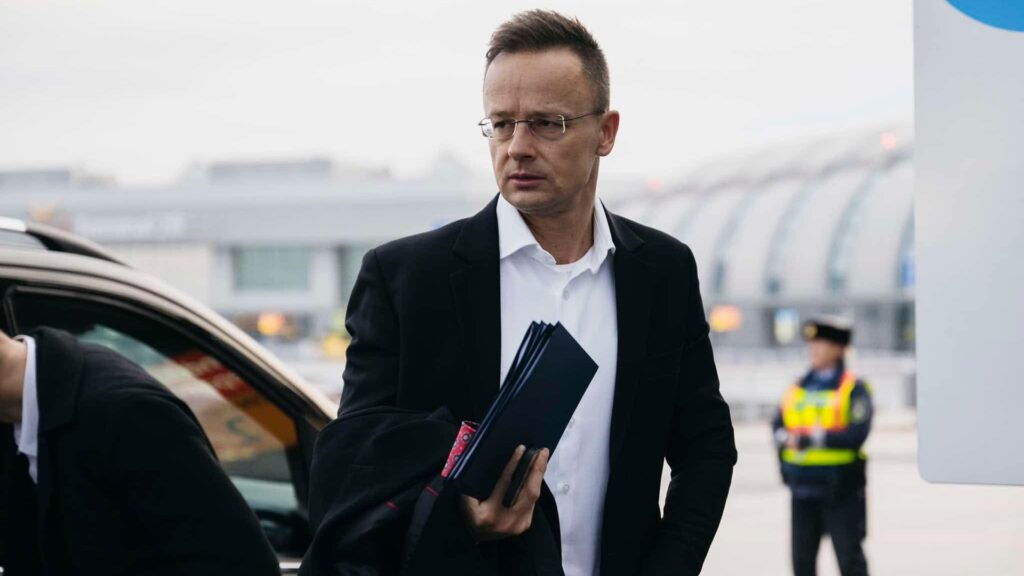
Hungarian Minister for Foreign Affairs and Trade Péter Szijjártó announced that Budapest will veto the EU’s 20th sanctions package unless Ukraine restores oil transit through the Druzhba pipeline. He argued the halt is political blackmail aimed at driving up fuel prices ahead of Hungary’s April election and influencing the outcome.
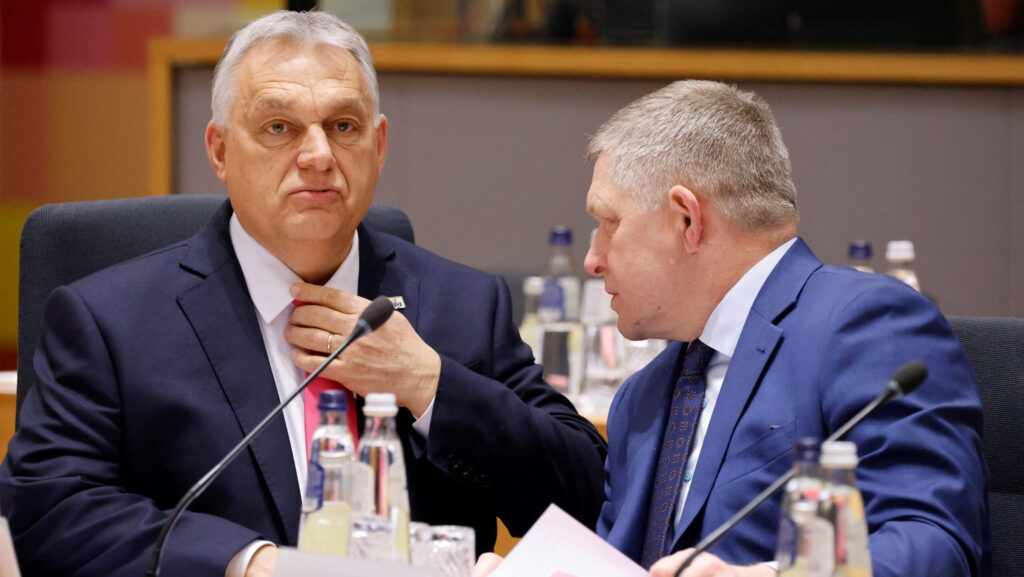
Hungary and Slovakia have escalated pressure on Ukraine to restore oil transit through the Druzhba pipeline, with Viktor Orbán threatening to block a €90 billion EU loan and Robert Fico warning to halt electricity exports. Kyiv has rejected the demands as ‘blackmail’, accusing both governments of acting irresponsibly and undermining regional energy security.
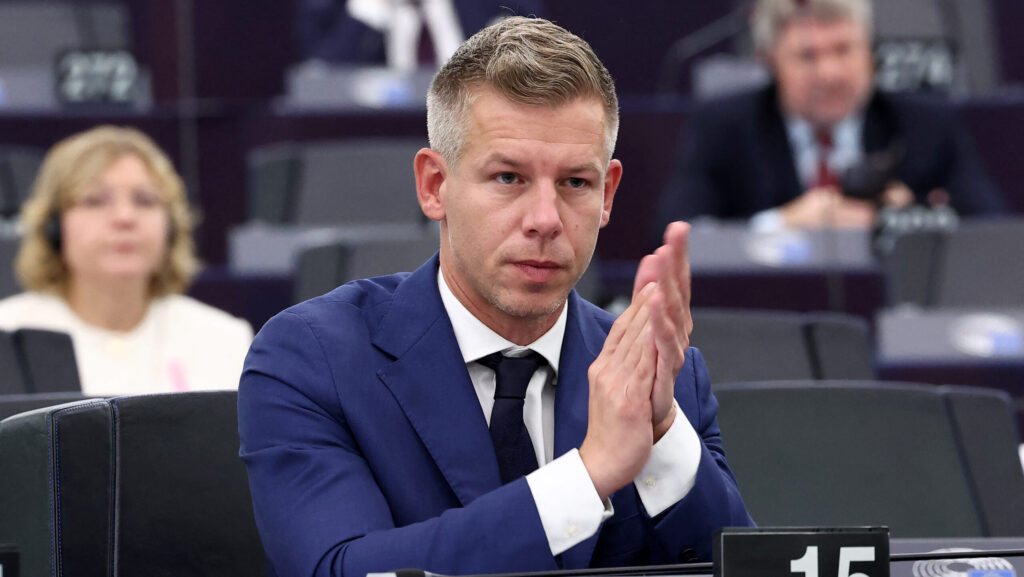
Hungarian opposition leader Péter Magyar announced that he will head Tisza’s national list in April, formalizing what had long been obvious after nearly two years as the party’s sole public voice. Stating that he is ready to serve Hungary, Magyar and Tisza are deeply integrated into the EU establishment and are expected to align with it on issues such as Ukraine’s accession and migration.